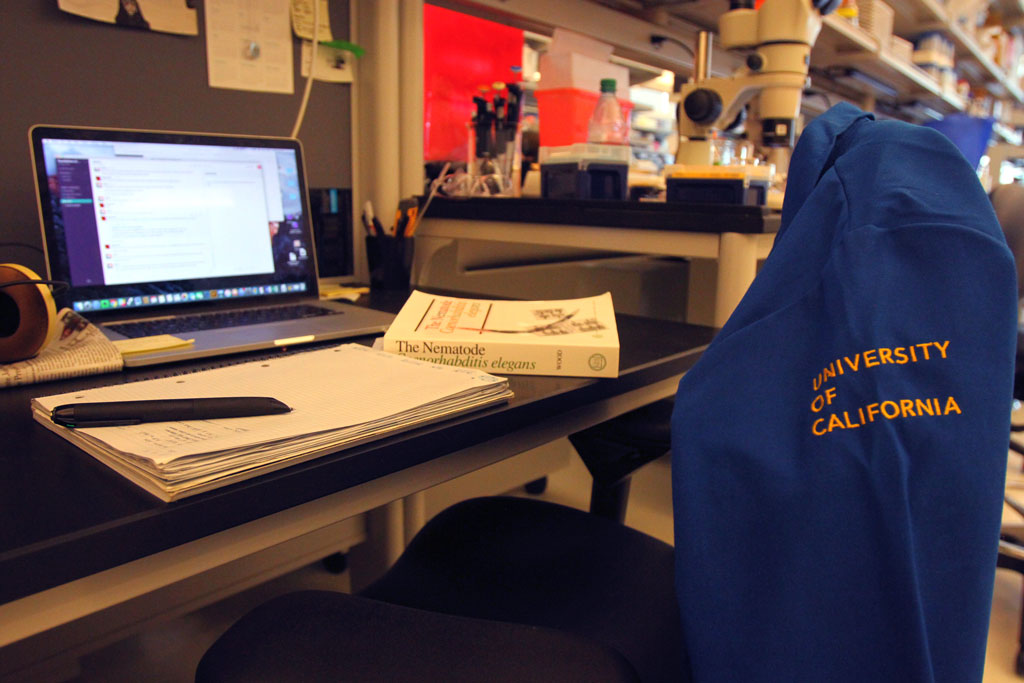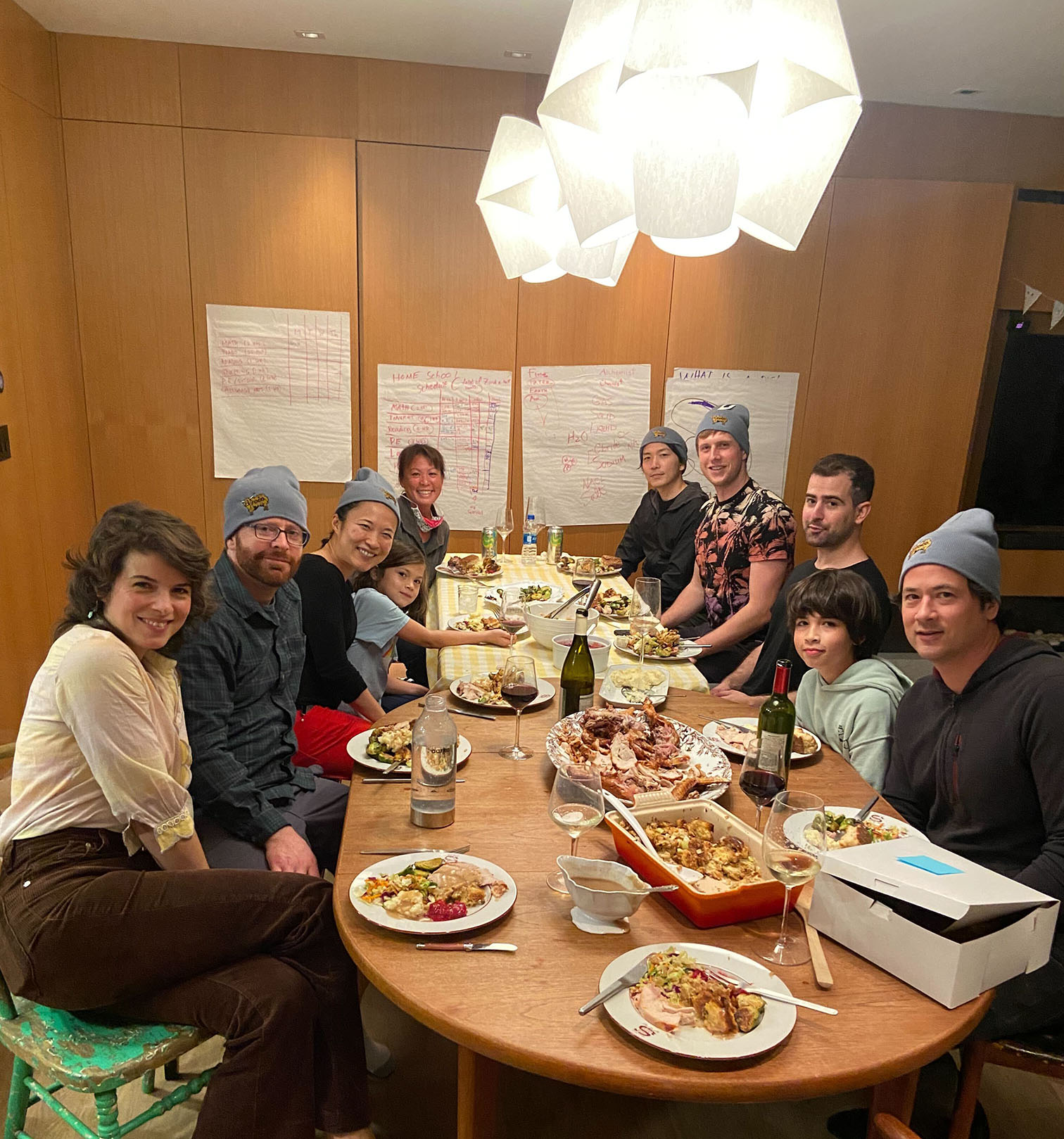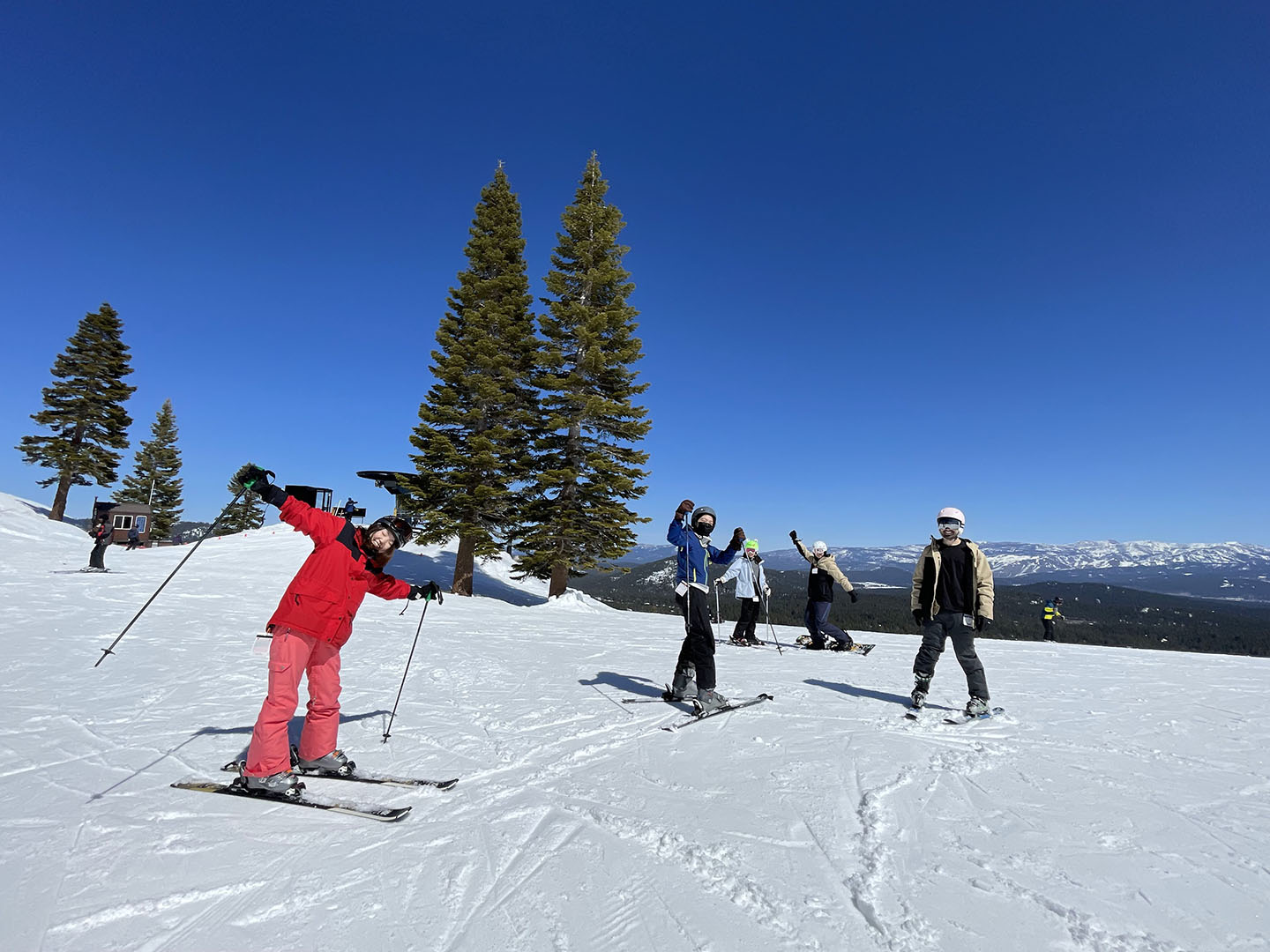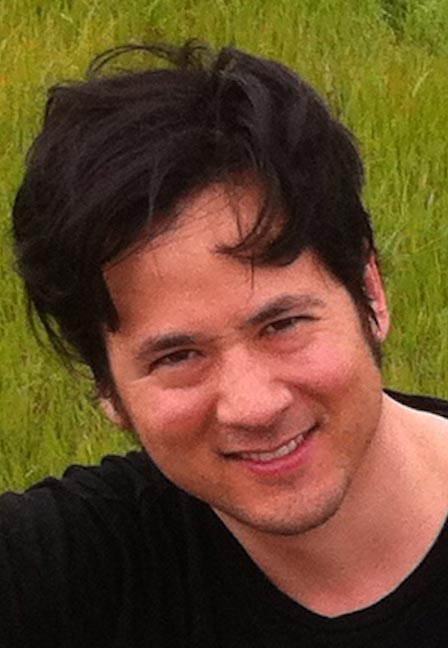We are an interdisciplinary team of scientists motivated to understand the function and mechanism of the world’s most perplexing and awesome object.
We encourage experimentalists, theoreticians, engineers (software, hardware, and genomic), and everything in between to apply. We invite inquiries from folks who have specific projects in mind as well as those who have more open-ended research interests and are interested in joining an existing lab initiative.
Please send inquiries to hello focolab.org.
focolab.org.

We are members of:
• Weill Institute of Neurosciences
• The Weill Neurohub
• Kavli Institute for Fundamental Neuroscience
• Center for Integrative Neuroscience (CIN)
• Graduate Program in Neuroscience (UCSF)
• Graduate Program in BioEngineering (UCSF/UCB)
• Departments of Neurology & Physiology
Graduate students from any University of California program are encouraged to inquire.
• The Weill Neurohub
• Kavli Institute for Fundamental Neuroscience
• Center for Integrative Neuroscience (CIN)
• Graduate Program in Neuroscience (UCSF)
• Graduate Program in BioEngineering (UCSF/UCB)
• Departments of Neurology & Physiology
Graduate students from any University of California program are encouraged to inquire.


Lab members:
Jackson Borchardt
Grace Chiu
Ray Dunn
Muneki Ikeda
Saul Kato
Ana Lyons
Daniel Sprague
Sinistar
Lab alumni & summer researchers:
Steven Ban
Greg Bubnis
Venugopal Chillal
Matt DiFranco
Hannah Gemrich
Laura Jameson
Ethan Kato
Tim Krausz
Vaishnavi Madhavan
Sarah Nordquist
Mili Patel
Kara Presbrey
Gabor Fu Ptacek
Varun Rohatgi
Kurtis Swartz
John Webb
Brennan Wright
Head of Lab: Saul Kato / Alice and Alfred Werth Professor of Neuroscience


